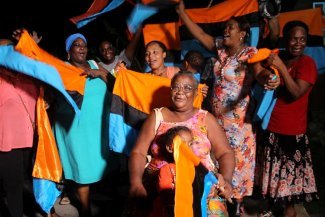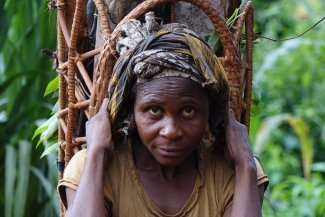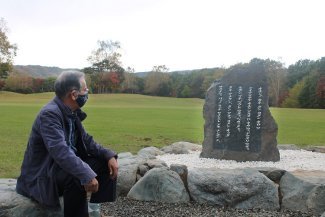
Kenyan activist Silvia Museiya, a member of the Yaaku people, addresses an audience on 9 August 2019, during the commemoration of the International Day of the World’s Indigenous People, organised by the United Nations Permanent Forum on Indigenous Issues.
In 1982, the United Nations declared 9 August the International Day of Indigenous Peoples. Indigenous peoples everywhere, from Asia across to Africa and Latin America, are constantly battling to defend their cultures, their territories and, above all, their rights. The Chao Lay in Thailand, for example, are denied citizenship by the authorities, which fail to understand their needs as a nomadic fishing community. Meanwhile, the Amazigh people of North Africa are battling with authorities to defend rights such as their linguistic identity. In Kenya, the Ogiek, like many Indigenous peoples, are confronted with land grabbing and are often fighting against economic interests that are increasingly thirsty for natural resources. Also targets of racism, Indigenous peoples are proudly reclaiming their culture through one of the most universal means of communication, music, as illustrated by Quechua singer Renata Flores and Wayuu singer Lido Pimienta in Latin America.
We invite you to discover all these stories published by Equal Times:
The coronavirus pandemic has put Asia’s Indigenous communities under serious pressure
By Ana Salvá
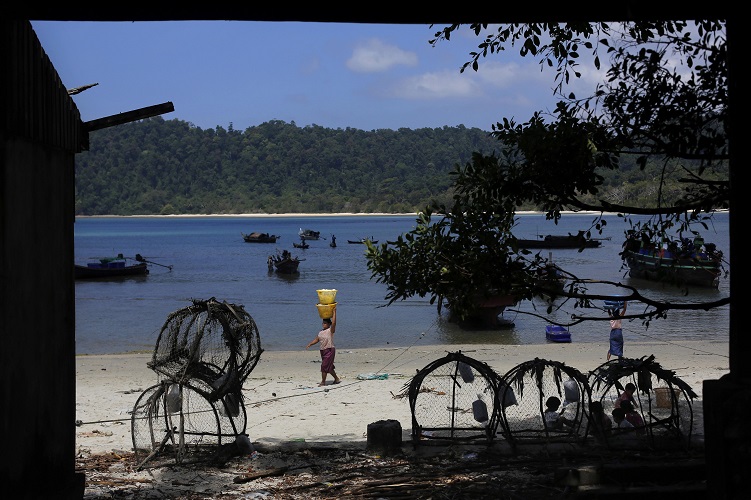
Many communities have been hit hard by the coronavirus crisis, but for some, such as the Chao Lay, the global slowdown in travel and tourism has also given them some breathing space. The positive side effects of the pandemic for such communities are, however, few and far between.
The term Chao Lay is used to refer to three Indigenous groups (the Moken, Moklen and Urak Lawoi) who live on the popular Andaman Sea coast and islands of southern Thailand. According to the report Raising Our Voices to Save Our Future, published in autumn 2019 by the Indigenous Women Network of Thailand (IWNT) and the Manushya Foundation, some 13,000 Chao Lay live in 44 communities across five provinces in Thailand: Phang Nga, Phuket, Krabi, Ranong and Satun.
Across the Maghreb, the Imazighen are pressing for rights and cultural recognition
By Ricard González
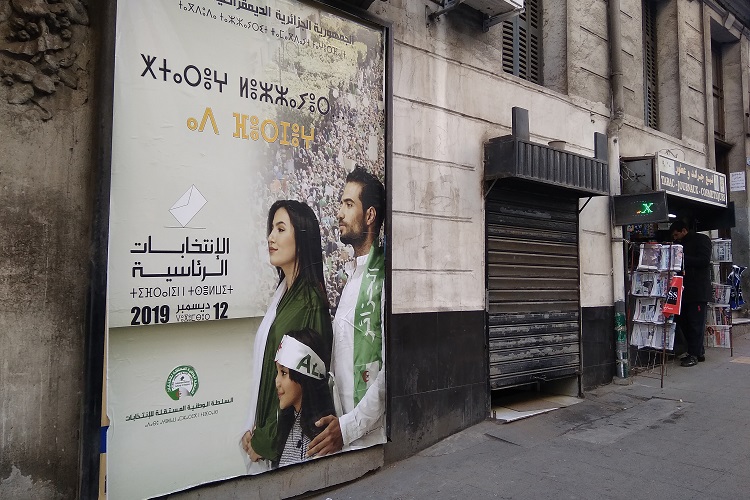
The wave of protests that has gripped north Africa since 2010 has presented an opportunity for social, cultural and political movements that were languishing in a region stifled by fossilised dictatorships. One of these is the movement advocating for the rights of the Amazigh people, an ethno-linguistic minority distributed throughout several of the region’s countries. “The international media made a mistake by calling the 2011 uprisings the ‘Arab Spring,’ which erases other groups like the Amazighs who were at the forefront of these struggles,” says Younis Nanis, an activist in the Libyan city of Zuwarah. Since the uprisings, their demands for cultural recognition have multiplied and while progress has been made in several countries, Amazigh activists have yet to see their aspirations fulfilled.
Despite a landmark ruling, Kenya’s Ogiek community are still fighting to return to their ancestral land
By Shadrack Omuka
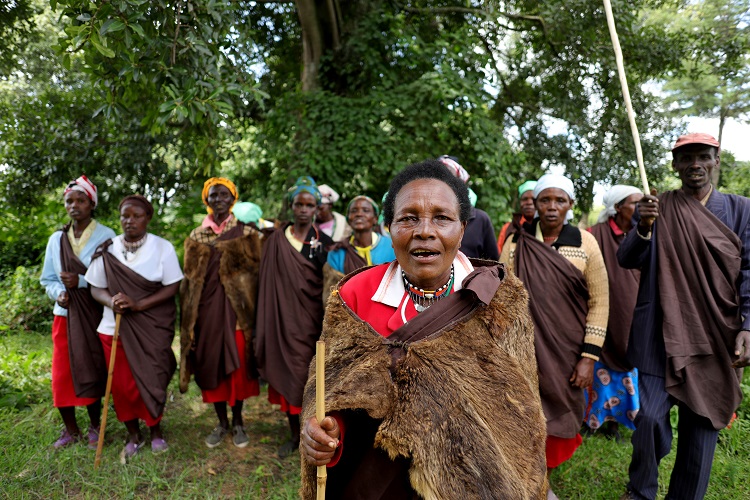
It was a historic moment. On 26 May 2017, after an eight-year court battle, the African Court on Human and Peoples’ Rights based in Arusha, Tanzania, ruled that the Kenyan government had violated the rights of the Ogiek people by repeatedly evicting them from their ancestral lands in the Mau Forest. The judgement, which found that the government had broken seven out of 68 articles of the African Charter on Human and Peoples’ Rights, ordered the government to take remedial action. But almost four years later and the Ogiek are still waiting for the implementation of the judgement. Conservation and environmental laws still deny the Ogiek access to live and hunt in the forest, while thousands of Ogiek and non-Ogiek settlers have been evicted from the forest over the last few years, even during the pandemic.
The sound of Indigenous resistance in Latin America
By José Fajardo

A new generation of musicians in Latin America are going back to their roots and using music to defend ancestral cultures that have been historically persecuted by the elites and established powers. They are mixing contemporary aesthetics and sounds, such as electronica, rap and reggaeton, with the music inherited from their ancestors to connect with young people and stop their history from fading into oblivion.
“My songs are a political act,” says Guatemalan musician Sara Curruchich in conversation with Equal Times. Born into the Mayan Kaqchikel community of San Juan Comalapa in 1993, her 2019 debut album Somos (’We Are’) combines lyrics in Spanish and her native language. “Music has a remarkable ability to safeguard memory and raise public awareness about the racism we have suffered for centuries,” she says.



